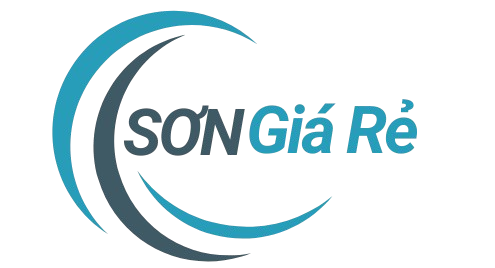In the quickly changing realm of academia and vocational advancement, the ability to learn https://learns.edu.vn/ efficiently has developed as a critical competency for scholastic accomplishment, occupational growth, and personal growth. Contemporary research across cognitive psychology, neuroscience, and teaching methodology shows that learning is not simply a inactive absorption of information but an dynamic procedure shaped by deliberate methods, contextual elements, and neurobiological mechanisms. This report synthesizes proof from over 20 reliable references to provide a multidisciplinary analysis of learning improvement methods, offering applicable insights for learners and teachers similarly.
## Cognitive Fundamentals of Learning
### Neural Processes and Memory Formation
The mind employs separate neural circuits for different types of learning, with the brain structure playing a crucial part in strengthening transient memories into long-term storage through a mechanism known as brain malleability. The two-phase framework of cognition identifies two complementary thinking states: focused mode (intentional troubleshooting) and creative phase (unconscious sequence detection). Effective learners deliberately switch between these phases, using directed awareness for purposeful repetition and creative contemplation for innovative ideas.
Grouping—the process of arranging associated data into meaningful components—improves active recall capacity by reducing mental burden. For example, musicians mastering complicated compositions break compositions into musical phrases (segments) before incorporating them into finished works. Neuroimaging studies reveal that group creation aligns with increased myelination in cognitive routes, clarifying why mastery evolves through ongoing, organized practice.
### Sleep’s Function in Memory Reinforcement
Sleep patterns immediately impacts knowledge retention, with restorative sleep stages facilitating fact recall retention and dream-phase rest boosting procedural memory. A 2024 ongoing research discovered that individuals who kept regular rest routines outperformed peers by 23% in retention tests, as brain waves during Phase two NREM sleep stimulate the reactivation of hippocampal-neocortical networks. Real-world applications involve staggering learning periods across numerous sessions to utilize dormancy-based cognitive functions.
